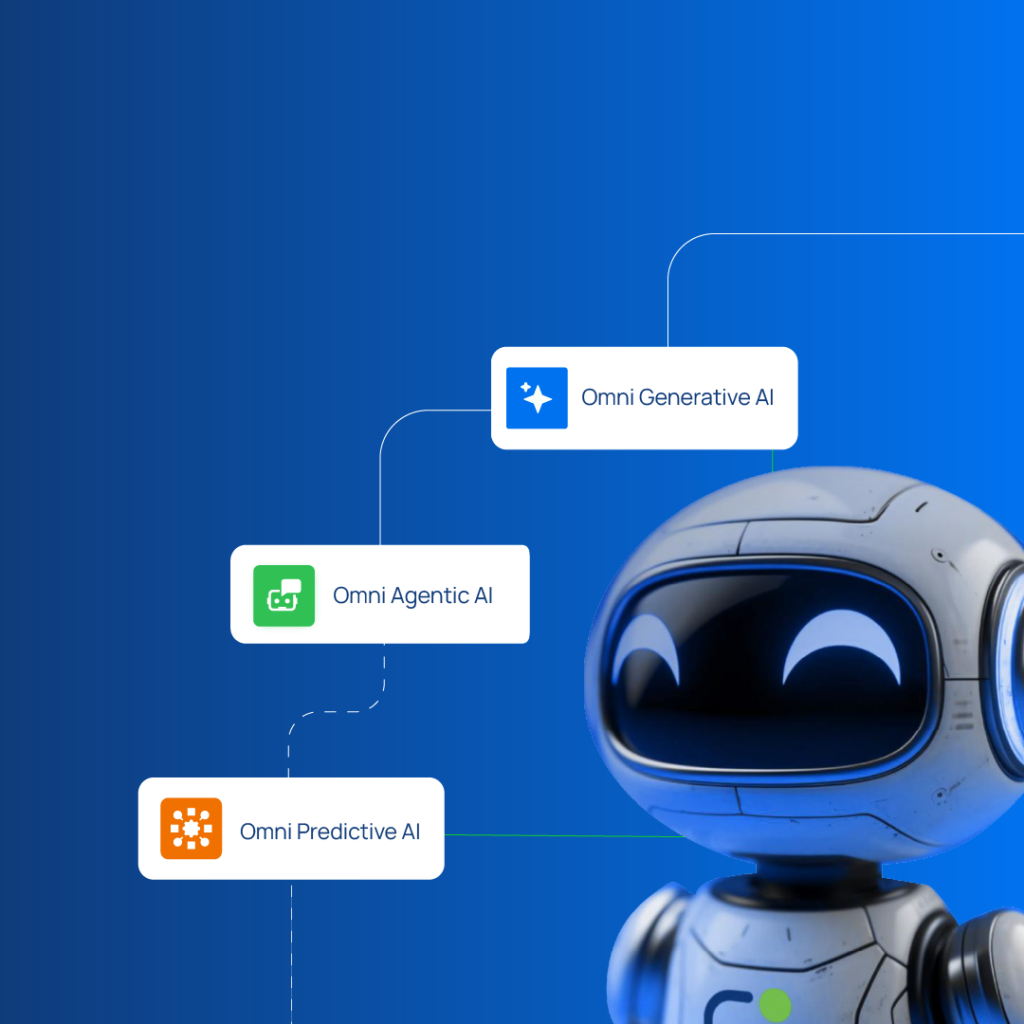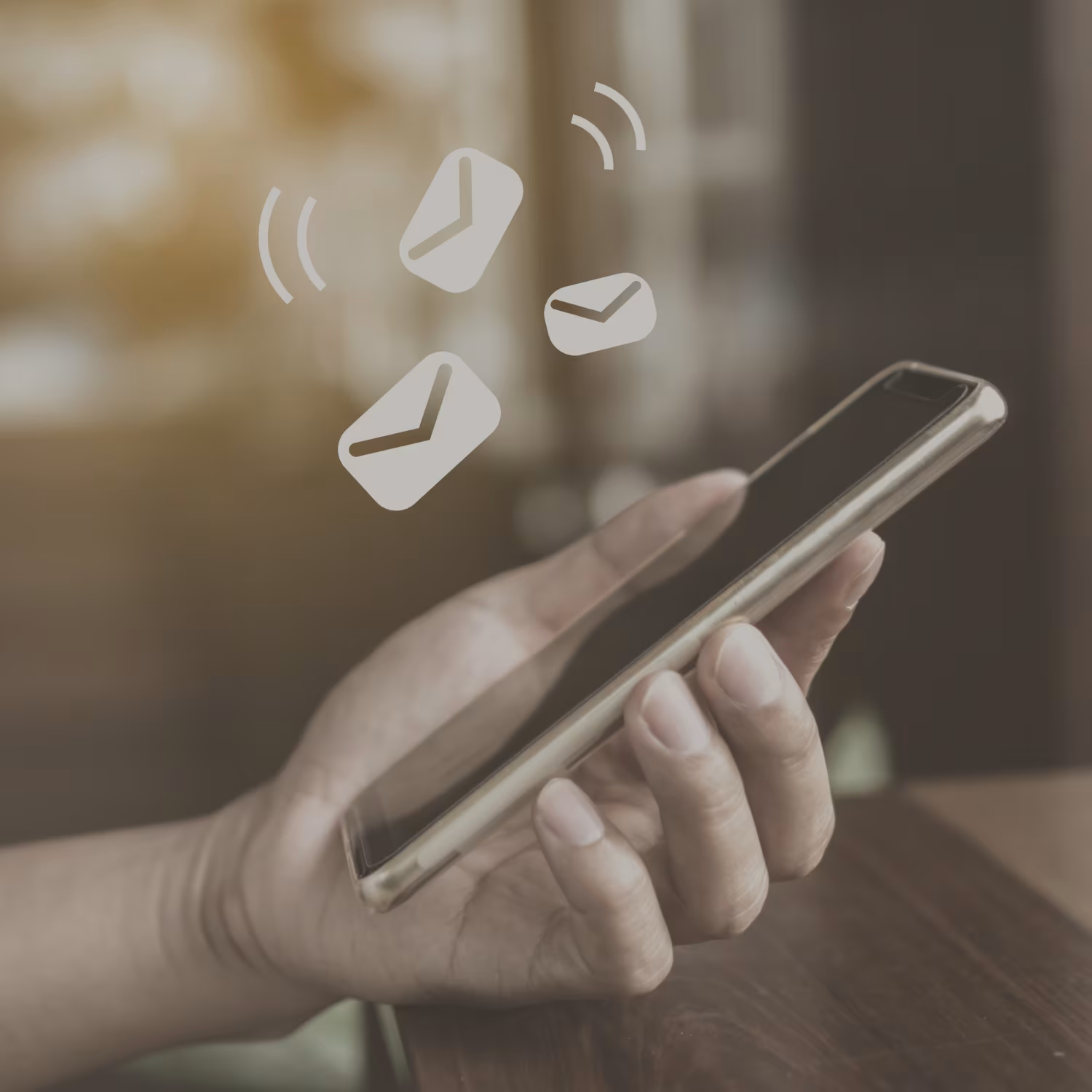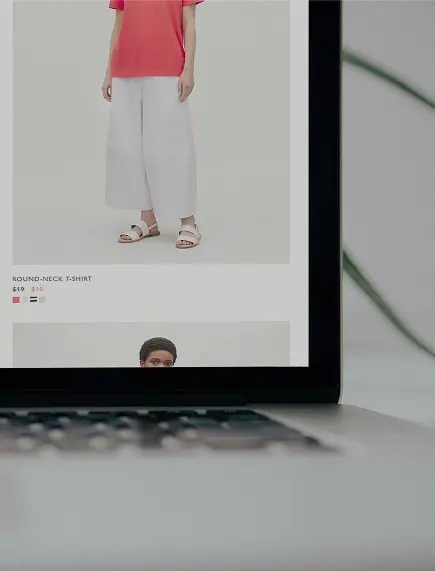Blog
Examples of web push notifications: success stories and best practices


Digital platforms allow for much more direct and personalized communication with users. This, in turn, translates into an increase in the conversion rate, as users see solutions that cater to their specific needs. One of the techniques that helps increase sales for an online business is what we know as push notifications. Throughout this article, we will show you some examples of push notifications that yield the best results, and we will explain how to apply them correctly in your company.
What are web push notifications?
Push notifications are instant messages that appear on the main screen of a device, whether it’s a computer or a smartphone. These notifications have customizable text and images and are linked to web pages.
One of their strengths is that the user doesn’t need to be actively browsing that page to receive these notifications. So, every time there’s new information that might be interesting, the user will receive a personalized push notification. It’s worth noting that push notifications can also be linked to apps, in which case, the functionality is the same, only the information comes from an app instead of a website.
What are push notifications services?
Push notification services are the driving force behind seamless, real-time communication between apps and their users. These services allow businesses to send timely, personalized messages directly to users’ devices, ensuring important updates, promotions, or reminders are delivered even when the app isn’t in use. One standout player in this space is indigitall, a powerful push notification platform that simplifies and enhances the way businesses connect with their audiences.
Unlike relying solely on device-specific protocols like Apple’s APNs or Google’s FCM, indigitall offers a unified solution that works across multiple platforms, including iOS, Android, and even web browsers. This means businesses can manage all their push notifications from a single dashboard, streamlining the process and saving valuable time. Whether you’re a small startup or a large enterprise, indigitall’s user-friendly interface and robust features make it easy to create, schedule, and optimize notifications.
What sets indigitall apart is its focus on personalization and automation. The platform allows businesses to segment their audience based on behavior, preferences, or demographics, ensuring that each message feels relevant and tailored to the recipient. For example, an e-commerce app could use indigitall to send a personalized discount code to users who abandoned their shopping carts, while a news app might notify readers about breaking stories in their preferred categories.
Another key advantage of indigitall is its advanced analytics capabilities. The platform provides detailed insights into notification performance, including open rates, click-through rates, and user engagement. This data empowers businesses to refine their strategies and deliver more impactful messages over time.
In a world where user attention is fleeting, push notification services like indigitall offer a powerful way to stay top-of-mind. By combining ease of use, cross-platform compatibility, and advanced personalization features, indigitall helps businesses cut through the noise and foster meaningful connections with their audience. Whether you’re looking to boost engagement, drive conversions, or simply keep users informed, indigitall is a tool worth exploring.
How do they work?
Generally, web push notifications have a high degree of automation. The messages are sent from a specific server of a webpage to devices where users have the corresponding browser installed. They appear as alerts similar to what you see when you receive a WhatsApp message, showing you who sent it and what it says in the notification on the screen.
Furthermore, push notifications are received only when users have granted the necessary permissions to receive such notifications, also known as opt-ins. Once they accept, notifications can reach both desktop and laptop devices without the need for the user to be actively on the website.
Web push notifications on iOS and Android
Until a few months ago, devices running the iOS operating system could only receive push notifications from apps, not from web pages. However, since the beginning of this year, and thanks to the iOS 16.4 update, this is now possible.
Advantages and specific examples
As we’ve mentioned, the use of push notifications can be truly beneficial for businesses with a digital presence. Here are some of the most important benefits:
Increase Engagement Ratio:
Messages that encourage users to make a particular purchase proactively can help them decide and complete the purchase in case of doubt, or they can help increase traffic to your website.
Instant Communications:
If there’s breaking news that you can leverage for business or you want to run a seasonal promotion, push notifications offer an immediate and direct communication channel.
Recover Abandoned Carts:
Sending a message to someone who initiated an online purchase but didn’t complete it can convince them to finalize the purchase.
Push notification success examples
The theoretical advantages of using push notifications are clear, but it’s important to note that not all push notifications work the same way. One key to effective notifications is to avoid making them seem like spam messages, which isn’t always easy. Let’s look at some of the most successful push notification examples:
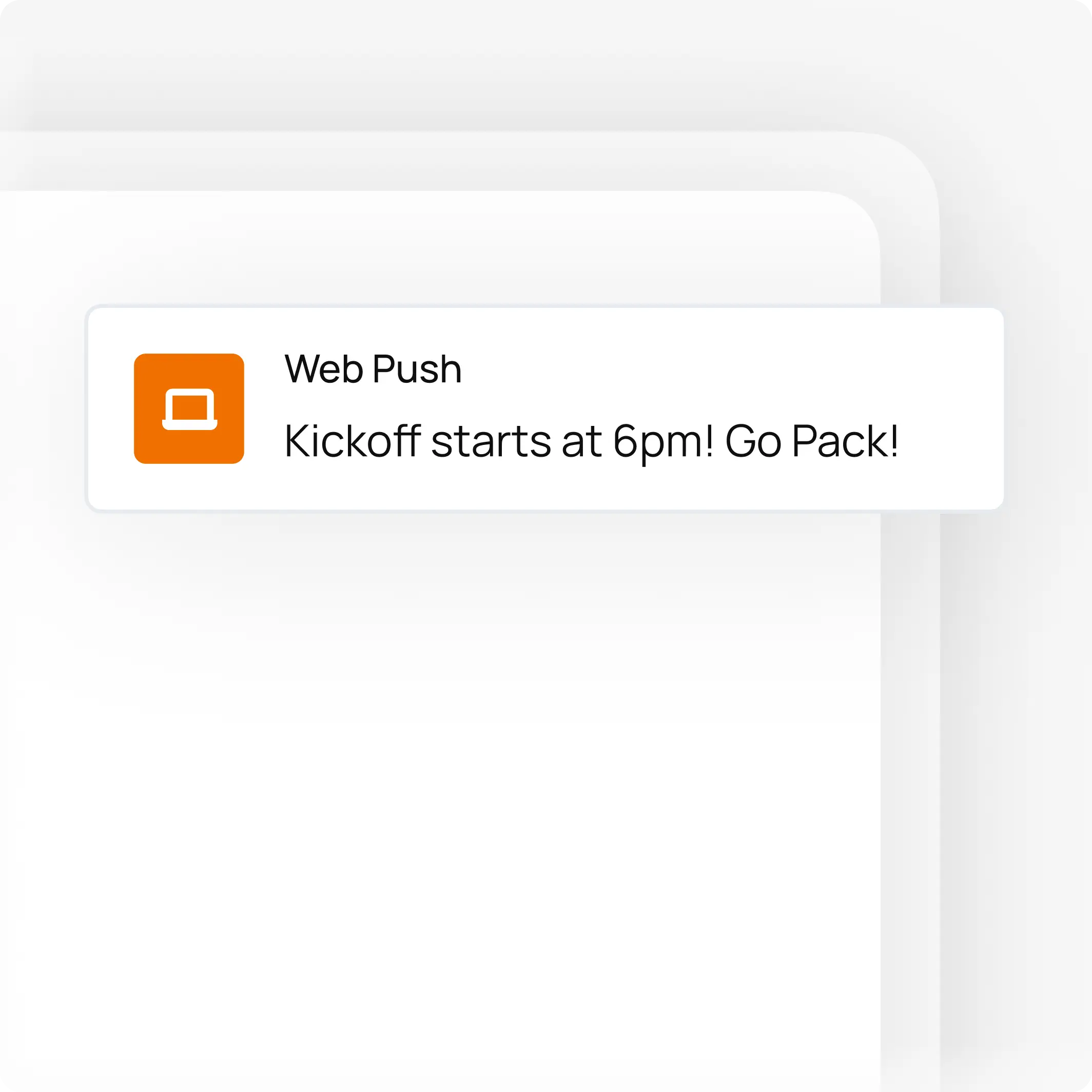
Reminders:
Some companies, particularly those in the health sector, can send push notifications to remind customers of medical appointments, which is generally well-received.
Useful Information:
Sending up-to-date and relevant news related to your professional sector, as gathered in your blog, can help increase visits.
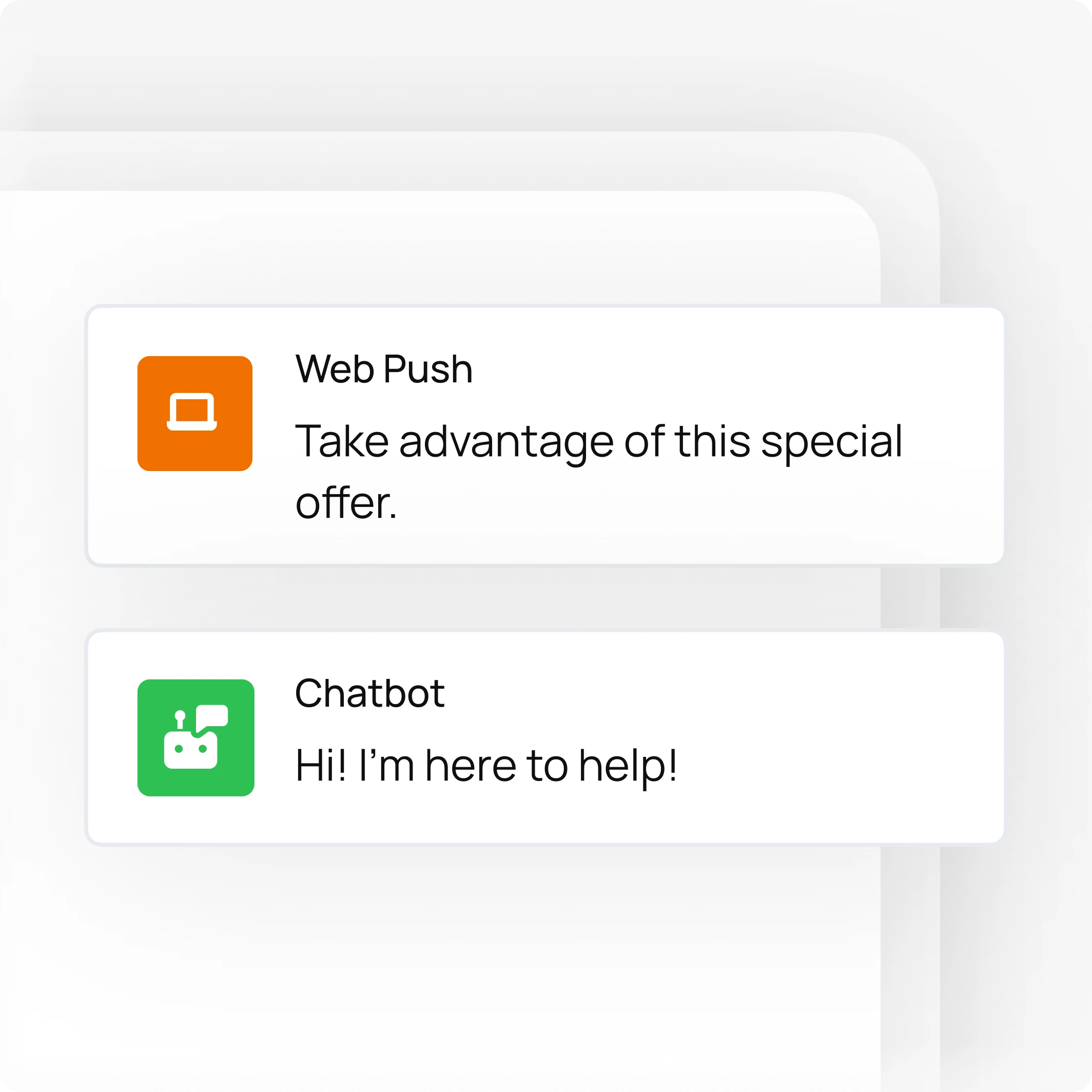
Promotions:
If you want to offer a promotion to your customers, you can communicate it in an original way through push notifications. This strategy is commonly used by companies like Booking.
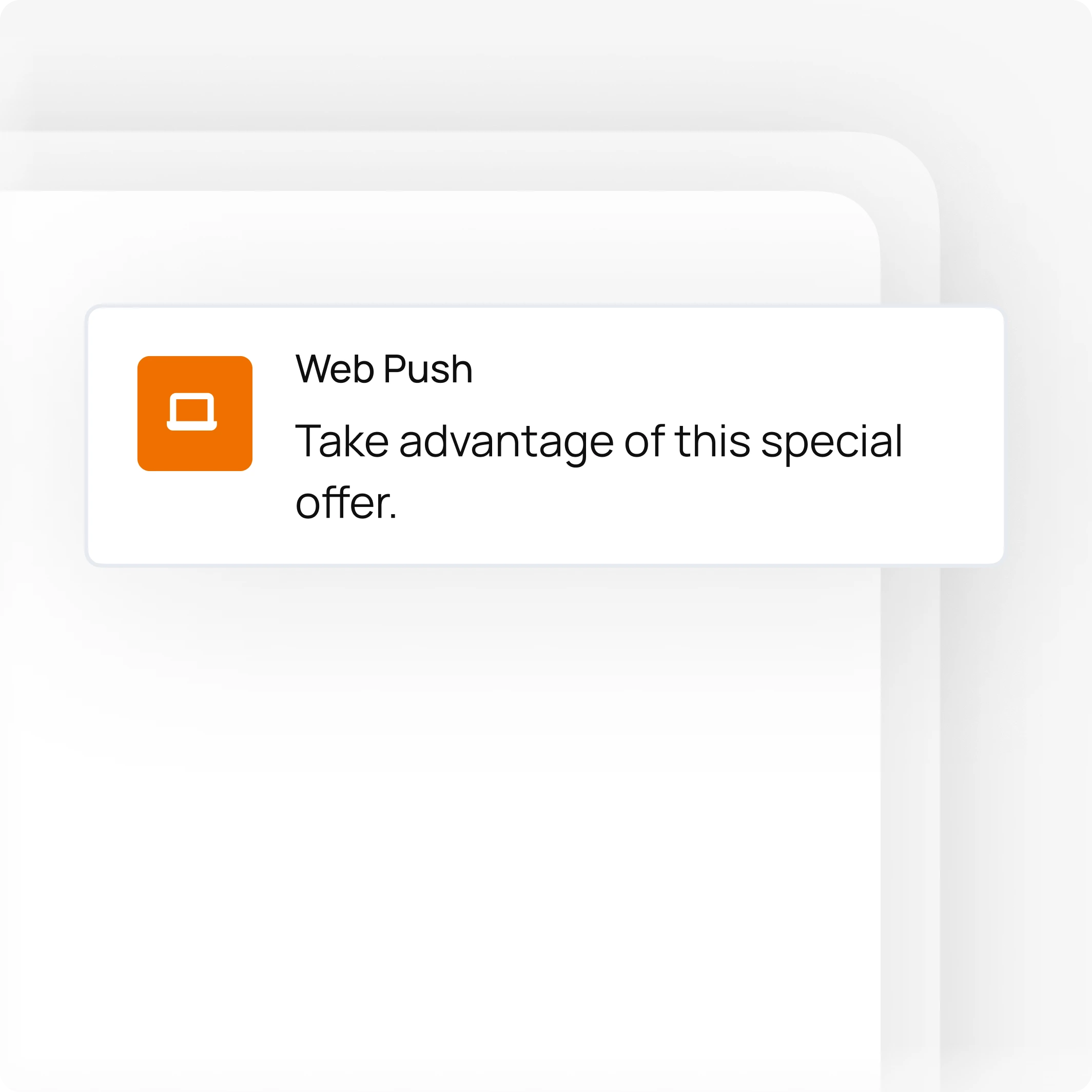
art Recovery:
Companies like Amazon use push notifications to recover abandoned shopping carts. They use messages like “Your cart is waiting for you,” encouraging customers to continue with their purchase.
At indigitall, we assist you in building a push notification strategy that fits your customers and needs, aiming to increase your sales percentage and retain new customers. We also offer guidance in the process and help you make it easier for users to accept opt-ins. Shall we get started?
